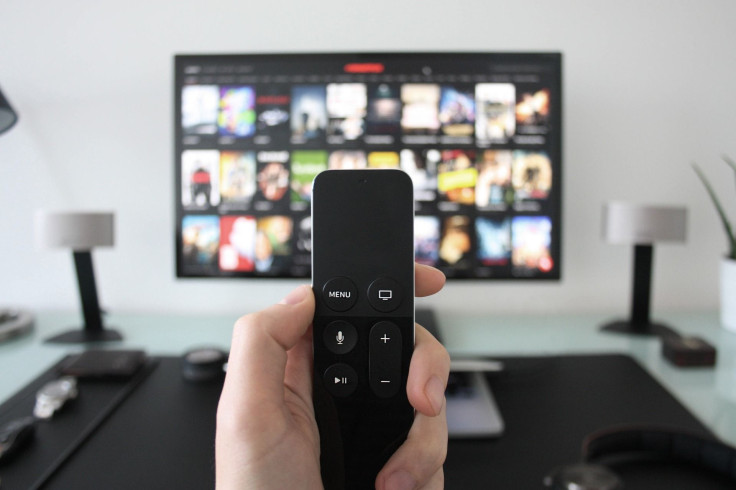Binge Watching Television Is Turning You Into A Zombie IRL

After a long day, many of us unwind with an episode of the newest show in our Netflix queue. One episode turns into another and soon you’re binge watching Game of Thrones until 2 a.m. It may seem like a situation easily fixed with a jolt of java to get you going in the morning, but a new study indicates those hours in front of the TV are turning you into a zombie.
According to researchers from the University of Michigan and the Leuven School for Mass Communication Research in Belgium, binge watching can make you fatigued, more likely to have insomnia, and generally contributes to worse sleep quality overall.
"Our study signals that binge viewing is prevalent in young adults and that it may be harmful to their sleep," co-author Jan Van den Bulck, U-M professor of communication studies, said in a statement.
For the study, 423 adults between 18 and 25 years old were enlisted to participate. They answered questions related to sleep quality, fatigue, insomnia and binge watching habits over the course of one month.
About 81 percent of the sample admitted to binge watching in the one-month time frame, with almost 40 percent revealing they had also watched endless amounts of Netflix on one occasion the month prior to the study. Another 28 percent had binge watched several times, and close to 7 percent said they did it almost every day. Women reported binge watching more often, but men did it for more hours at a time. On average, respondents slept about seven and a half hours each night, which doesn't seem that bad, right?
Well, even though participants weren’t skimping on sleep, researcher Liese Exelmans from the Leuven School for Mass Communications said that the quality was significantly worse.
The team found that watching tv causes us to be more mentally aroused, which carries over into bed time, and ultimately makes it more difficult to get a good night’s sleep.
"This prolongs sleep onset or, in other words, requires a longer period to 'cool down' before going to sleep, thus affecting sleep overall," Exelmans said.
However, you shouldn't feel bad, because the researchers note that binge watchers were no match for the dramatic plot lines.
"Bingeable TV shows have plots that keep the viewer tied to the screen," Exelmans said. "We think they become intensely involved with the content, and may keep thinking about it when they want to go to sleep."
Despite how difficult it is to stop after just one episode, it is important to keep your viewing habits in check. Aside from poor sleep quality, too much TV is linked to obesity, diabetes and depression. To reign in your binge-watching sessions, set an alarm to wake you up from that TV coma, disable your autoplay on Netflix, or instill a TV curfew.
Published by Medicaldaily.com



























